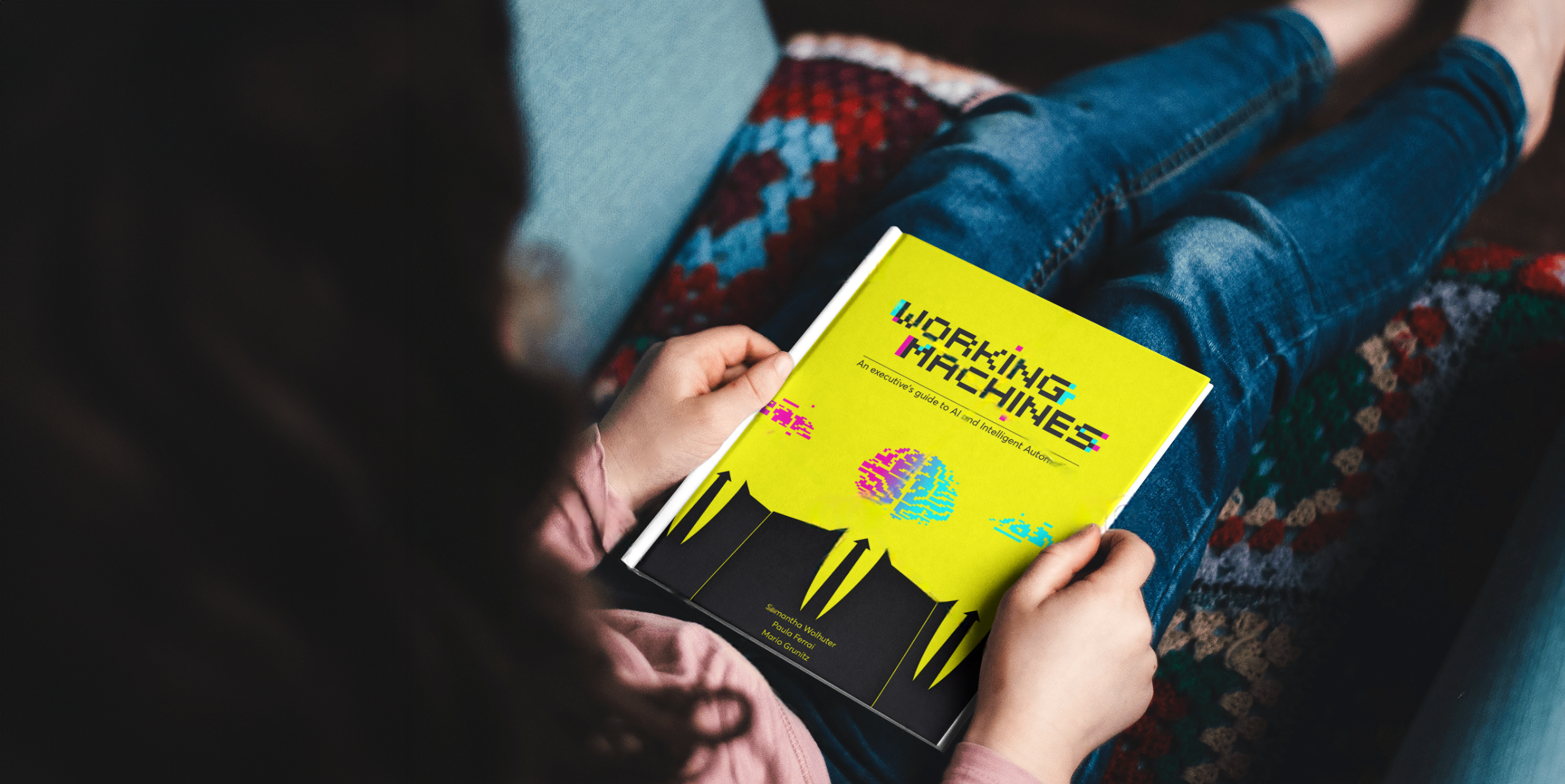
The recent launch of Fidacta’s AI platform for the Dutch Civil-Law Notary profession shows how AI should be introduced in highly regulated environments. It is a clear example of what happens when technology is built with domain specialists, privacy officers and compliance teams in mind from day one.
Fidacta developed the platform together with six notary offices. The result is an AI solution that matches the profession’s legal, ethical and operational requirements without cutting corners on security or control.
Below are the lessons organisations in legal, finance and public administration can take from this launch.
Data privacy and sovereignty as the foundation
Fidacta avoids the common shortcut of sending sensitive documents to public AI providers. There is no dependence on ChatGPT or hyperscalers. Instead, the platform runs on a Private GPT environment and sovereign hosting. Nebul, the infrastructure partner, is NEN 7510 and ISO certified and meets the EU Cloud Sovereignty Framework.
For notaries, data handling is non-negotiable. A platform that keeps data fully contained inside national and EU jurisdiction removes legal uncertainty and builds trust at a structural level.
This is the model regulated industries should follow. Start with sovereignty, then add capability.
Built with real sector knowledge
Fidacta did not start with a generic model and hope it would fit notarial work. The company brought six notary offices into the co-creation process, shaping features around daily tasks like reviewing files, drafting deeds and preparing client communication. The system also requires source citation for every answer, allowing the notary to verify correctness before using the output. That matches the professional responsibility structure of the sector.
Deep domain knowledge is what separates safe and useful AI from generic tools that introduce risk.
Strengthening professionals, not replacing them
A central message from the launch is that AI should support expertise, not substitute it. Fidacta’s platform accelerates routine work such as drafting concepts or preparing email responses. This reduces pressure on teams and helps professionals spend time on client contact and complex legal thinking.
The benefit is very practical. Hours of repetitive work turn into minutes, without lowering professional oversight.
What this signals for other regulated domains
The approach taken here points to a broader shift. High-value AI in regulated sectors will not be defined by access to the biggest general-purpose models. It will be defined by:
- Strong data governance and jurisdictional clarity
- Sector-specific models and agents
- Transparent, verifiable output
- Design choices that respect professional accountability
Legal, financial and governmental organisations can use this as a template for safe adoption. Start with sovereignty, apply domain intelligence and keep human control central.
A well-earned milestone
The Fidacta team and the participating notaries have delivered an important reference project for secure AI in regulated fields. It shows that innovation and compliance can reinforce each other when the fundamentals are right.
For those interested in the full announcement, you can find the press release on the Fidacta website.
